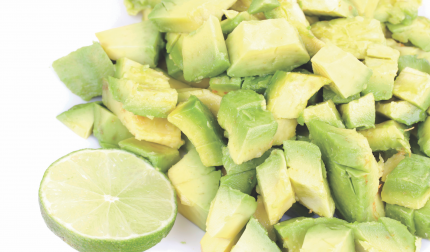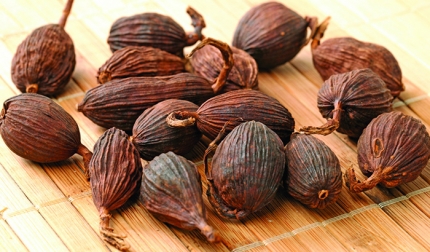As a sports nutritionist, I often I advise my athlete clients to become coffee and tea connoisseurs, advice that’s frequently met with surprise, since caffeine has long been considered an unhealthy vice. But newer research has uncovered that in the right amounts, putting a little caffeine-induced pep in your step can result in some potent functional benefits. Here are six new reasons to perk up:
Antioxidant Mojo
Coffee is the number one source of antioxidants in the American diet, with effects as powerful as fruits and vegetables at fending off aging and disease. The antioxidants in tea have been linked to numerous health benefits, including curbing muscle damage after strenuous strength training. And thanks to new research, you no longer have to compensate for the caffeine in coffee and tea by
drinking more water. While caffeine has historically been thought of as a diuretic that robs the body of fluids and ups the risk of dehydration, newer studies show that this is only true at high doses—more than 500 to 600 mg—the equivalent of up to seven cups of coffee. In moderate amounts, caffeine hasn’t been shown to significantly impact athletes’ core body temperature, plasma volume, sweat loss, or urine output.
Muscle Recovery
Stockpiled carbohydrates, known as glycogen, serve an energy “piggy bank” within your muscle tissue. This back-up fuel is vital to athletes, because it can be accessed immediately to power intense strength moves or fuel endurance activities. A recent study published in the Journal of Applied Physiology found that glycogen is replenished more rapidly when athletes consume both carbs and caffeine following exhaustive exercise. Compared to carbohydrates alone, the combination resulted in a 66 percent increase in muscle glycogen four hours after intense, glycogen-depleting exercise. That substantial increase in reserves means that the very next time you train or perform, you’ve significantly upped your ability to exercise harder and/or longer.
Pain Reduction
Scientists at the University of Illinois found that consuming the caffeine equivalent of two to three cups of coffee an hour before 30 minutes of high intensity training reduced perceived muscle pain. Interestingly, the results were identical in both new and habitual caffeine users, meaning tolerance doesn’t diminish caffeine’s effect. Researchers say the study indicates that caffeine may help athletes gain improvements in strength or endurance by allowing them to push through the training threshold.
Anti-Aging Effects
Animal research from sports scientists at Coventry University found that caffeine can offset the loss of muscle strength that occurs with aging. The effects, which were seen in both the diaphragm, the core muscle used for respiration, as well as skeletal muscle, may mean that in moderation, caffeine can help preserve overall fitness, improve muscle tone, and reduce the risk of age-related injuries.
DNA Enhancement
We’ve known for some time that exercise chemically and structurally alters DNA to reprogram how muscle cells function. Now a study published in the journal Cell Metabolism finds that exposing isolated muscle cells to caffeine induced a similar reaction, essentially mimicking the effects of training. While this doesn’t mean that a cup of Joe is akin to a workout, researchers say the study may help to explain caffeine’s positive impact on performance, or even a possible synergistic effect.
Brain Protection
In animal research, caffeine has been shown to prevent brain inflammation, a precursor to cognitive impairment and neurodegenerative diseases, including Alzheimer’s and Parkinson’s. In a recent University of Illinois study, scientists gave groups of mice either caffeine or a placebo, then blocked brain blood flow and allowed the rodents to recover. The caffeine-treated mice experienced a reduction in inflammation and brain damage compared to the control group and were able to form new memories 33 percent faster.
To best reap caffeine’s rewards, stick with USDA certified organic coffee and tea, and don’t overdo it. The maximum dose for enhancing performance with minimal side effects (and legal urine levels) is 3-6 mg/kg body weight, less than 500 mg for a 175 pound male. Not a coffee or tea drinker? Try eating them instead. Whip coffee grounds or tea leaves into a smoothie. Use ground java as a rub for ultra lean beef or pork tenderloin, marinade seafood or poultry in a mixture of brewed green tea, brown rice vinegar, citrus juice, garlic and fresh grated ginger, or trade water for tea when steaming vegetables and whole grain rice.
Cynthia Sass, author of S.A.S.S.! Yourself Slim: Conquer Cravings, Drop Pounds, and Lose Inches, is a nutritionist, Board Certified as a Specialist in Sports Dietetics. She is the nutrition consultant to the New York Rangers and Tampa Bay Rays and works with professional and competitive athletes in numerous sports. She can be reached via CynthiaSass.com.





